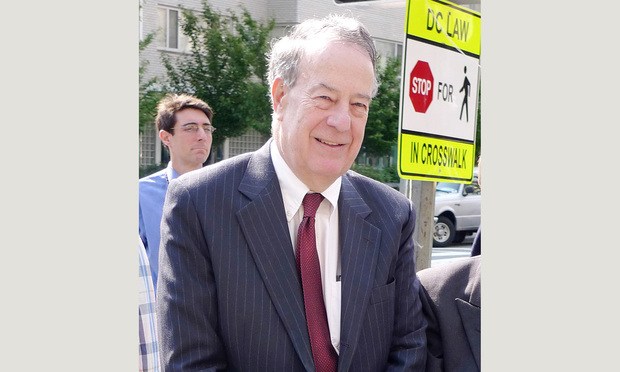The U.S. Court of Appeals for the Federal Circuit keeps raising the stakes on its big Arthrex appointments clause decision.
On Tuesday the court applied the reasoning of last fall’s Arthrex v. Smith & Nephew beyond America Invents Act proceedings and reexaminations to the other primary portion of the Patent Trial and Appeal Board’s caseload: appeals from PTO decisions rejecting patents in the first instance.

 Judge Timothy Dyk of the U.S. Court of Appeals for the Federal Circuit.
Judge Timothy Dyk of the U.S. Court of Appeals for the Federal Circuit.








